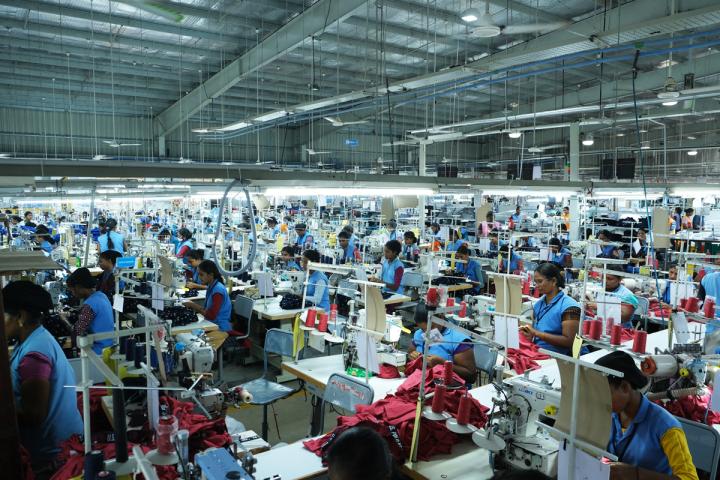
Pros and Cons of Affirmative Action at an Elite Brazilian University
The use of affirmative action by an elite university in Brazil helped students from disadvantaged backgrounds gain good-paying jobs, but also reduced earnings for the school’s most highly-ranked students, according to new research by ILR Assistant Professor Evan Riehl.
In “The direct and spillover effect of large-scale affirmative action at an elite Brazilian university,“ Riehl and his co-authors examine an affirmative action policy at Rio de Janeiro State University (UERJ), a top-ranked Brazilian university that is comparable to elite private colleges in the U.S. Beginning in 2004, UERJ reserved 45 percent of slots in each major for Black and public high school students from low-income families.
The researchers found that students admitted through the affirmative action track did well academically, and the policy increased their access to firms affiliated with UERJ’s alumni network, which raised their early-career earnings.
But the researchers also found that after UERJ adopted affirmative action, its highly-ranked students, who would have been admitted regardless of whether affirmative action existed, did worse in the labor market upon graduation.
Evidence pointed to two reasons for this spillover effect:
- The policy reduced the value of networking with peers because students who were admitted through the affirmative action track tended to get lower-paying jobs than the students they displaced;
- The policy reduced the human capital accumulation of highly-ranked students, potentially because faculty had to teach courses at a less advanced level.
“The main takeaway for me is that part of the value of attending an elite school comes from the fact that these schools have high-achieving and high-income student bodies,” said Riehl. “This allows faculty to teach difficult material, and students benefit from interacting with well-connected peers. Affirmative action can extend these benefits to students from disadvantaged backgrounds, but if the policy is implemented at a large scale, it can also reduce the average achievement of the school’s student body, and therefore reduce the benefits of admission for all students.”
Riehl and his co-authors – Cecilia Machado, an assistant professor at FGV-EPGE, and German Reyes, a recent Ph.D. graduate from the Department of Economics at Cornell – collected data on the schooling and labor market outcomes of students who applied to UERJ both before and after the adoption of affirmative action and then used employer-employee data to examine how UERJ’s alumni network affects its students’ job outcomes.
In the paper, they present two main findings:
- Affirmative action successfully helped students from disadvantaged backgrounds obtain jobs at high-paying firms affiliated with UERJ’s alumni network, which raised their earnings at the start of their careers. This suggests that an important part of the value of attending UERJ comes from alumni job networks, and that affirmative action successfully extended this benefit to Black and low-income students.
- The adoption of affirmative action lowered the job prospects and earnings of UERJ’s most highly ranked students. The earnings declines were driven by both a decrease in the value of network connections and a reduction in human capital accumulation while students were in school.
“These findings show that elite universities face a tradeoff between promoting upward mobility for students from disadvantaged backgrounds and maintaining sources of their value added that stem from admitting high-achieving and wealthy students,” said Riehl. “To me, our paper shows that it is important for policy to address the sources of achievement gaps that arise between advantaged and disadvantaged at younger ages, as it is hard to undo these effects through college admissions alone.”
The paper is forthcoming in the Journal of Labor Ecomonics.


